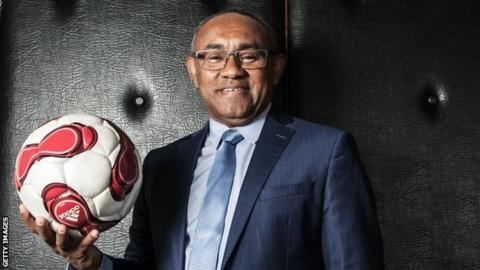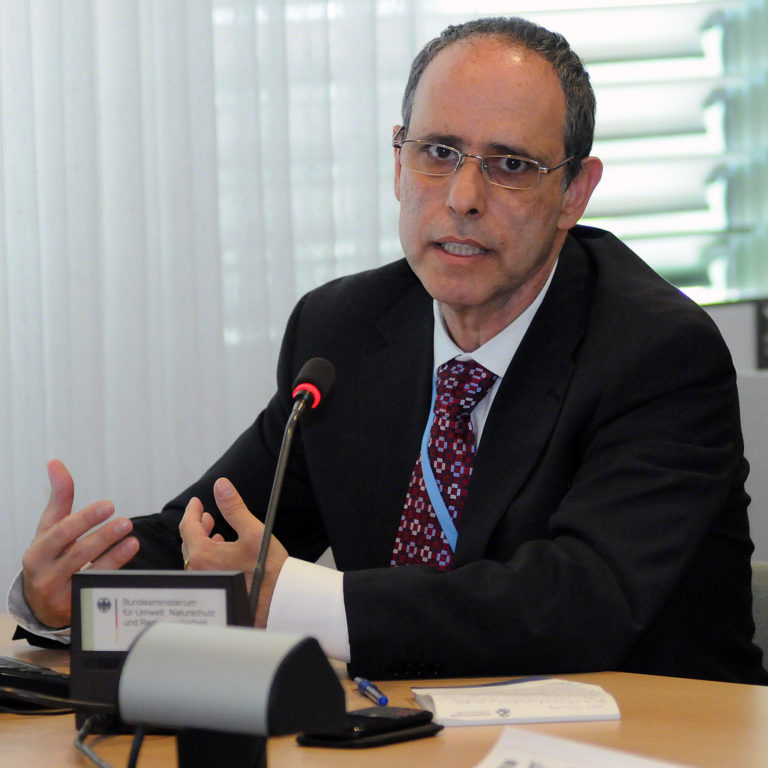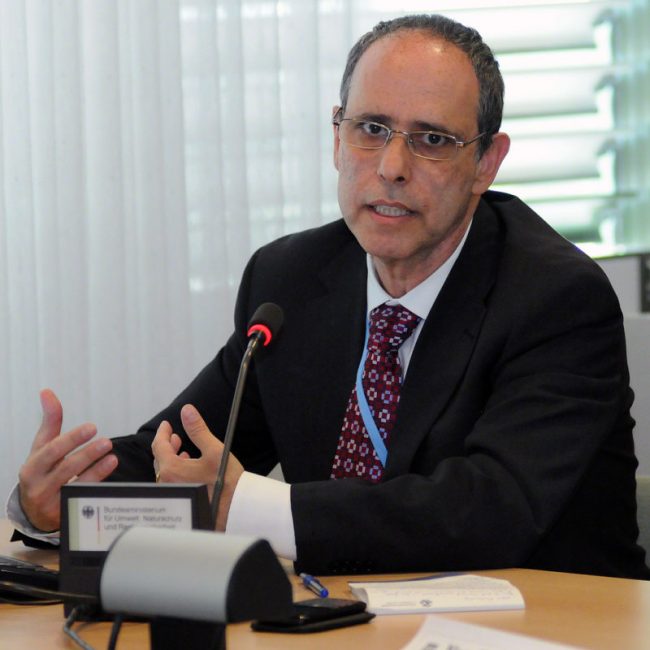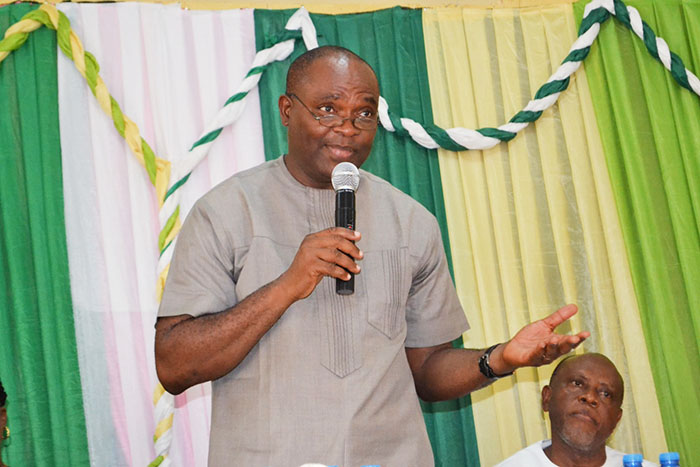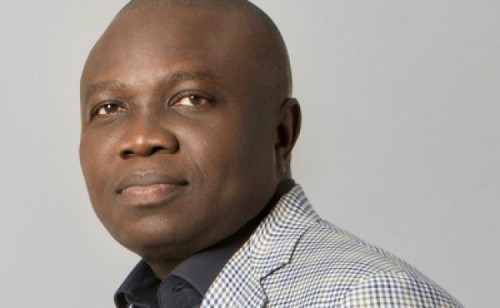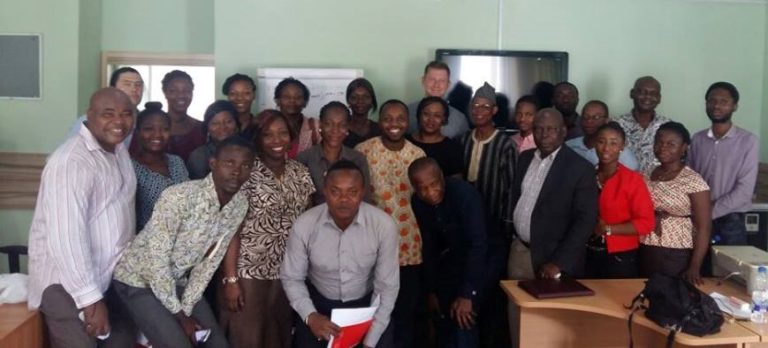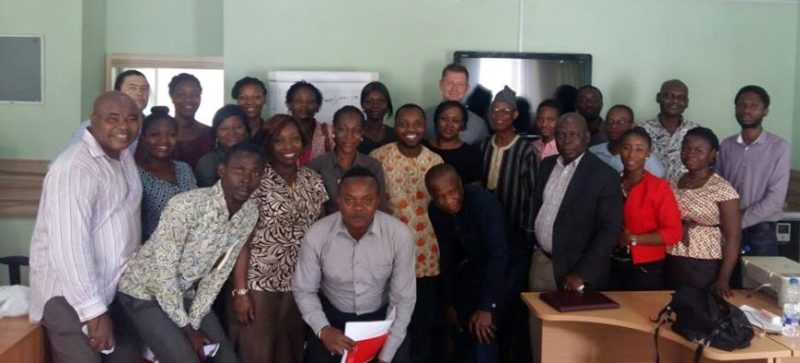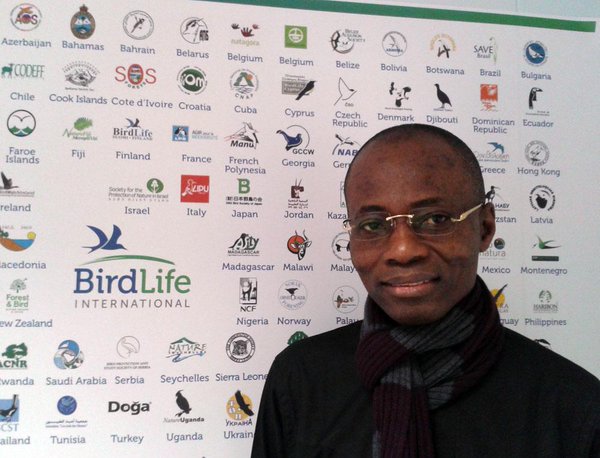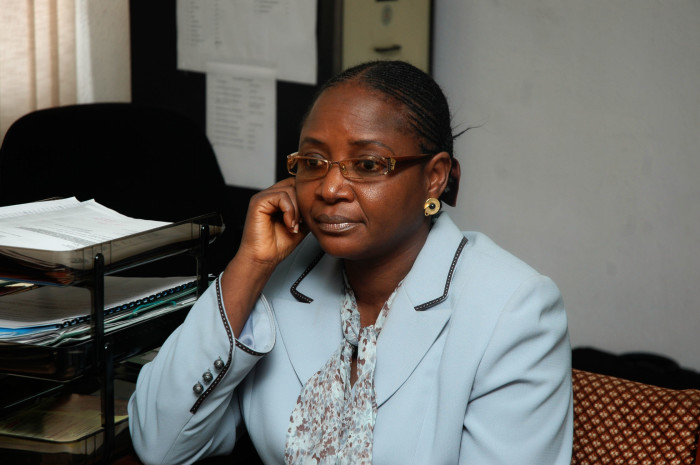Infomineo reveals rising global interest in the Middle East Africa region, and listing the leading destinations on the Fortune 500 to include Dubai, Johannesburg, Casablanca, Nairobi, Lagos, and Cairo

Lagos, the bustling Nigerian commercial capital city, is among the leading African destinations on the Fortune 500 list, according to a new report released by Infomineo, a global business research company.
The report focuses on multinationals looking at entering, or already present, in the Middle East and Africa (MEA) region. Overall, there was a 17% increase in the number of companies in MEA in 2016 compared to 2015, with Johannesburg being the leading destination for Africa.
But, besides being a choice for technology companies, the Lagos megacity is also considered the premier location for organisations looking to manage their operations across Western Africa with 12 Fortune 500 companies already established in the sub-region.
Indeed, the MEA region has become increasingly important for the majority of global Fortune 500 countries, according to the report, which includes the regional footprint of multinationals in the MEA region, the most commonly chosen cities, and the factors which influence the selection of the region, country and city – each element revealing the dynamic growth patterns within the region and a clear trend of Fortune 500 companies establishing some kind of presence in MEA.
In 2016, 196 Fortune 500 companies had established a dedicated regional headquarters in the MEA region. In the Middle-East, Dubai is the most popular choice with 138 companies establishing a dedicated entity in the city. There has also been a marked uptick in companies deciding to cover MEA from outside of the region – 38 companies up from 22 have established a regional headquarters in areas such as London, Brussels and Paris. The leading destinations on the Fortune 500 list include Dubai, Johannesburg, Casablanca, Nairobi, Lagos, and Cairo. Egypt remains behind the leaders due to political instability, however, it has seen a 250% increase in Fortune 500 investment since 2015. Germany and France are leading in terms of coverage rate while China has the lowest presence in the region.
Industry type plays a pivotal role in the selection of city and country. Financial services are more likely to base MEA coverage from London, while technology companies are more inclined towards Casablanca or Lagos. The latter city is also the premier location for organisations looking to manage their operations across Western Africa with 12 Fortune 500 companies already established in the region. Automotive and Healthcare tend to have a presence in both Africa and the Middle East, while Technology is more inclined to having a presence from the outside.
Nairobi, in Kenya, is the leading destination for the FMCG companies and tends to be the top choice for organisations looking to service Eastern Africa. Dubai and Johannesburg are the most popular hubs overall, but both Casablanca and Nairobi are rapidly gaining traction and international awareness. Casablanca has the highest growth rate overall, while Dubai has the highest count. The same can be said for London, which has tripled its number of regional HQs in the region, acting as an MEA hub. Given the geographical proximity and the talent pool present in the city, it could be that London is playing the role of a first step into the MEA region, especially for Japanese and North American companies.
There are numerous factors which impact on the organisation’s selection of a specific city. These include the local market potential, maturity of the industry, existing competitors, political stability and the quality of the employment market, among others. Determining the attractiveness of a location along these clear lines assures the Fortune 500 companies of a stable and profitable investment and significantly mitigates risk. The most attractive cities are Dubai, Johannesburg, Casablanca and Nairobi, and at the lower end of the spectrum, Cairo, Paris, Algiers and Cape Town.
Through this analysis, organisations gain a thorough understanding of markets and factors which ensure a steady base of operations from which organisations can expand into the growing MEA market, and establish brand and identity within the growing middle classes. Infomineo has undertaken in-depth analysis and research on the MEA region, revealing the various factors inhibiting or inspiring Fortune 500 uptake.


